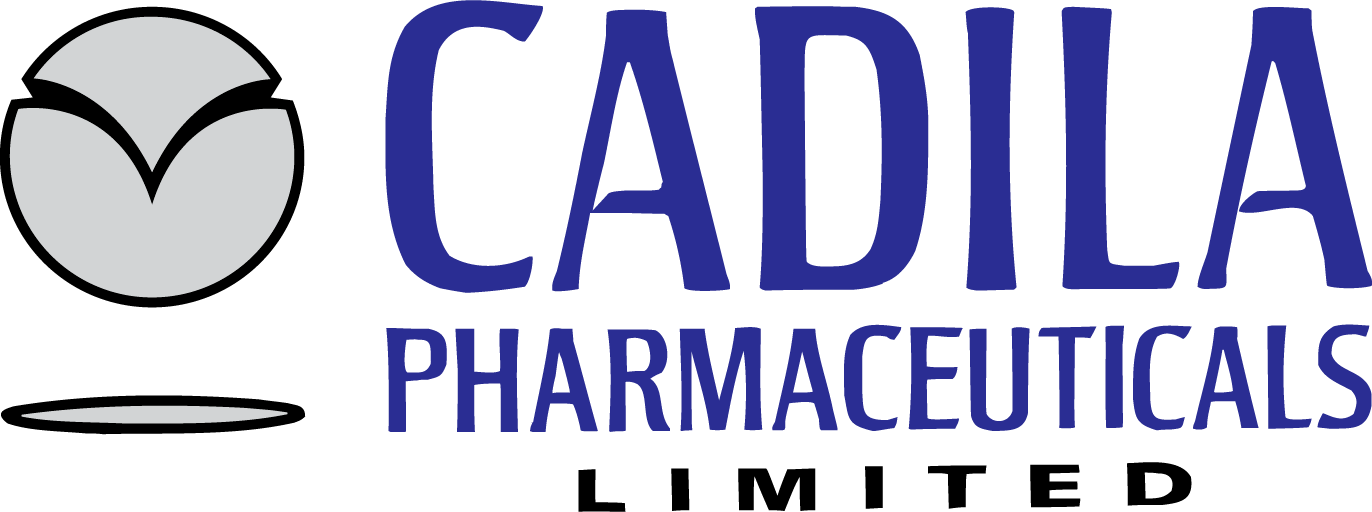Deputy Manager
Job Description
Qualifications: ₹ Education: o Master's degree in a relevant scientific discipline (e.g., Chemistry, Biochemistry,) or M. Pharm Experience: 8-12 years ? Proven experience in a Quality Assurance role within a bioanalytical laboratory or related GxP environment (pharmaceutical, CRO). ? Specific experience with GLP and/or GCP regulations is often essential. ? Experience with auditing bioanalytical studies and systems. ? Experience with different bioanalytical techniques (e.g., LC-MS/MS, ELISA). ? Computer System Validation data review ? Major regulatory inspections handling experience in a Bioanalytical QA role signifies a high level of expertise in regulatory compliance, quality assurance, and the ability to navigate critical interactions with health authorities to ensure the integrity and acceptability of bioanalytical data ? Skills: o Thorough understanding of GLP, GCP, and other relevant regulatory guidelines. o Strong auditing skills and techniques. o Excellent attention to detail and analytical skills. o Strong written and verbal communication skills. o Ability to interpret and apply regulations and guidelines. o Problem-solving and critical thinking skills. o Ability to work independently and as part of a team. o Proficiency in Microsoft Office Suite. o Familiarity with Laboratory Information Management Systems (LIMS) Responsibilities: This section details the specific tasks and duties the Bioanalytical QA professional will be responsible for. ? Auditing: o Planning, conducting, and reporting internal and external audits of bioanalytical studies, facilities, and systems to ensure compliance with Good Laboratory Practice (GLP), Good Clinical Practice (GCP), and other relevant regulations (e.g., FDA, EMA, WHO, ICH guidelines). o Auditing study protocols, analytical methods, validation reports, and study reports. o Auditing laboratory procedures, documentation, and data. o Following up on audit findings to ensure effective corrective and preventive actions (CAPAs) are implemented. o Conducting vendor audits as required. ? Compliance: o Ensuring bioanalytical studies are conducted in compliance with applicable regulations, guidelines, and Standard Operating Procedures (SOPs). o Interpreting and applying regulatory requirements to bioanalytical activities. o Maintaining current knowledge of relevant regulations and guidelines. ? Document Review: o Reviewing and approving bioanalytical study protocols, amendments, validation plans and reports, sample analysis plans, and final reports for quality and compliance. o Reviewing laboratory SOPs, work instructions, CSV and other quality-related documents. o Ensuring accuracy, completeness, and consistency of bioanalytical documentation. ? Quality Systems: o Participating in the development, implementation, and maintenance of the quality management system (QMS) within the bioanalytical department. o Contributing to the development and revision of SOPs and other quality documents. o Tracking and trending quality metrics. o Issuing controlled/ documents, and other approved uncontrolled/usage copies of SOPs, forms/formats/logbooks, study documents of CRO. ? CAPA Management: o Participating in the investigation of deviations, non-conformances, and out-of- specification (OOS) results. o Ensuring that appropriate CAPAs are identified, implemented, and documented effectively. o Monitoring the effectiveness of CAPAs. ? Training: o Providing training to bioanalytical staff on GLP, GCP, and other quality and compliance topics. o Maintaining training records. ? Inspection Readiness: o Participating in the preparation for and management of regulatory inspections. o Assisting in the development of responses to inspection findings. ? Data Integrity: o Ensuring the integrity and traceability of bioanalytical data. o Monitoring compliance with data integrity principles (e.g., ALCOA+). ? Communication and Collaboration: o Communicating effectively with bioanalytical staff, study directors, and other stakeholders on quality-related issues. o Collaborating with other departments (e.g., laboratory operations, data management, clinical operations). ? Risk Management: o Identifying and assessing potential quality and compliance risks in bioanalytical activities. o Participating in the development and implementation of risk mitigation strategies.
Skills Required
MNCJobsIndia.com will not be responsible for any payment made to a third-party. All Terms of Use are applicable.
Job Detail
-
Job IdJD4361447
-
IndustryNot mentioned
-
Total Positions1
-
Job Type:Full Time
-
Salary:Not mentioned
-
Employment StatusPermanent
-
Job LocationDholka, Gujarat, India
-
EducationNot mentioned
-
ExperienceYear
